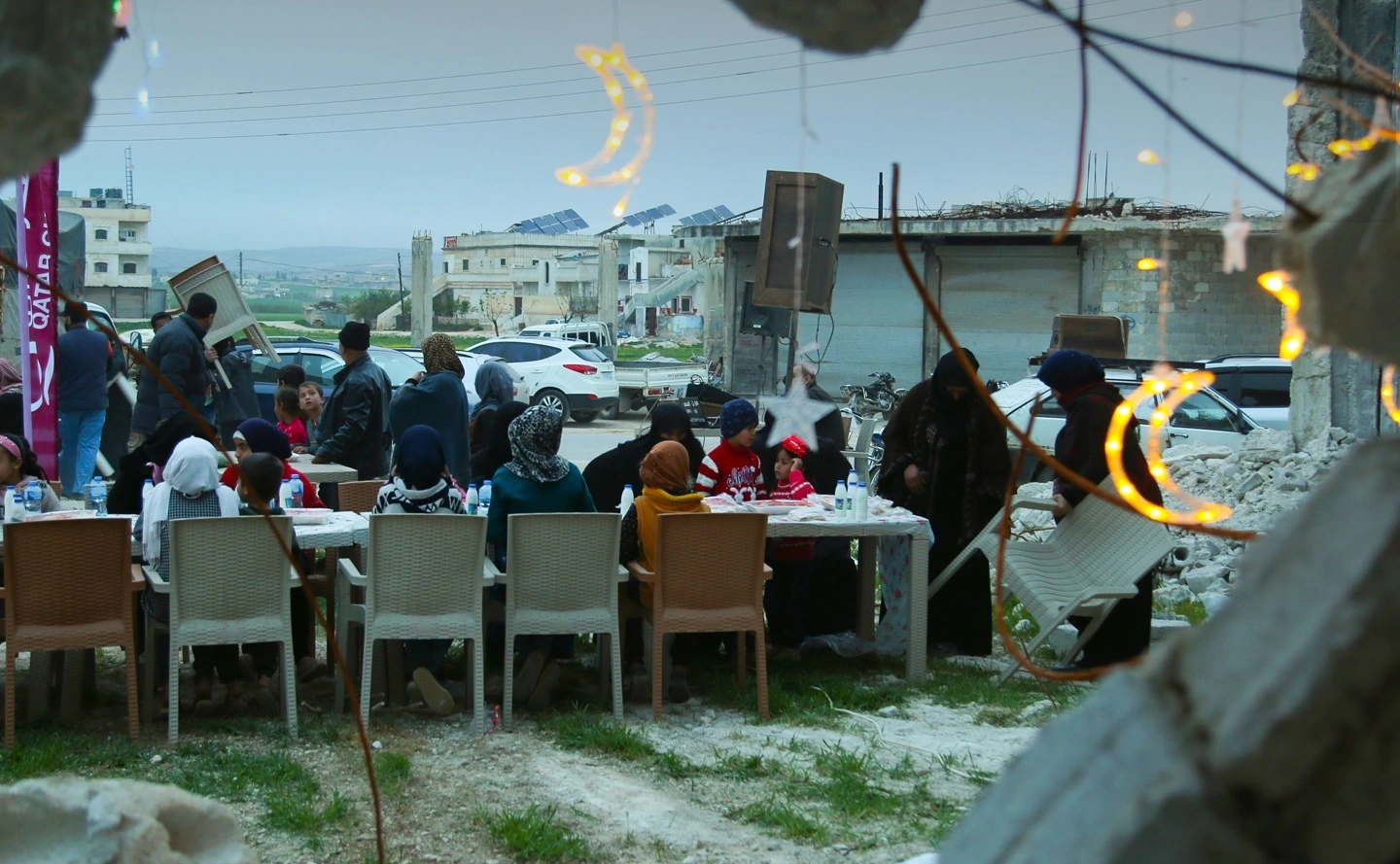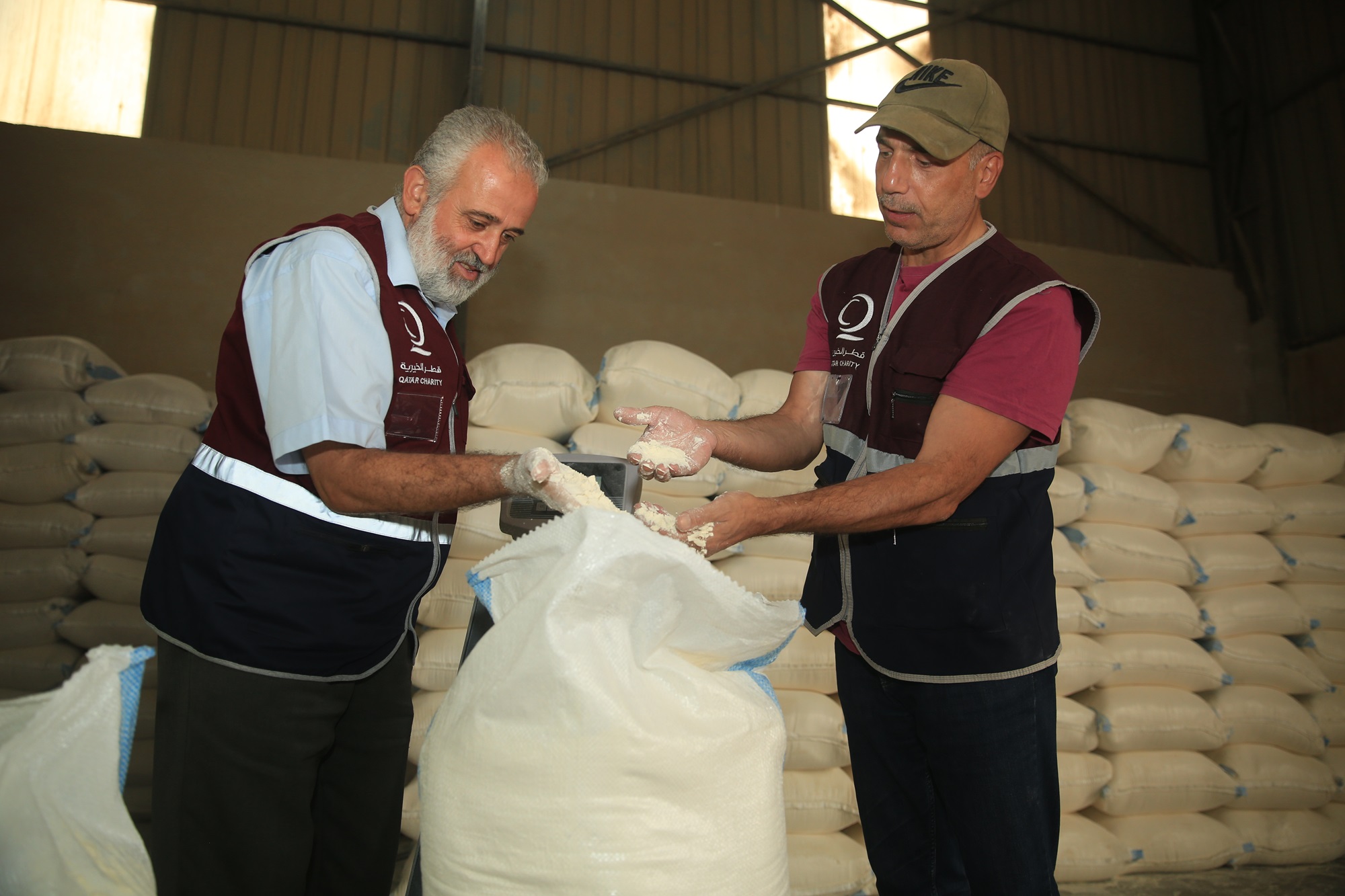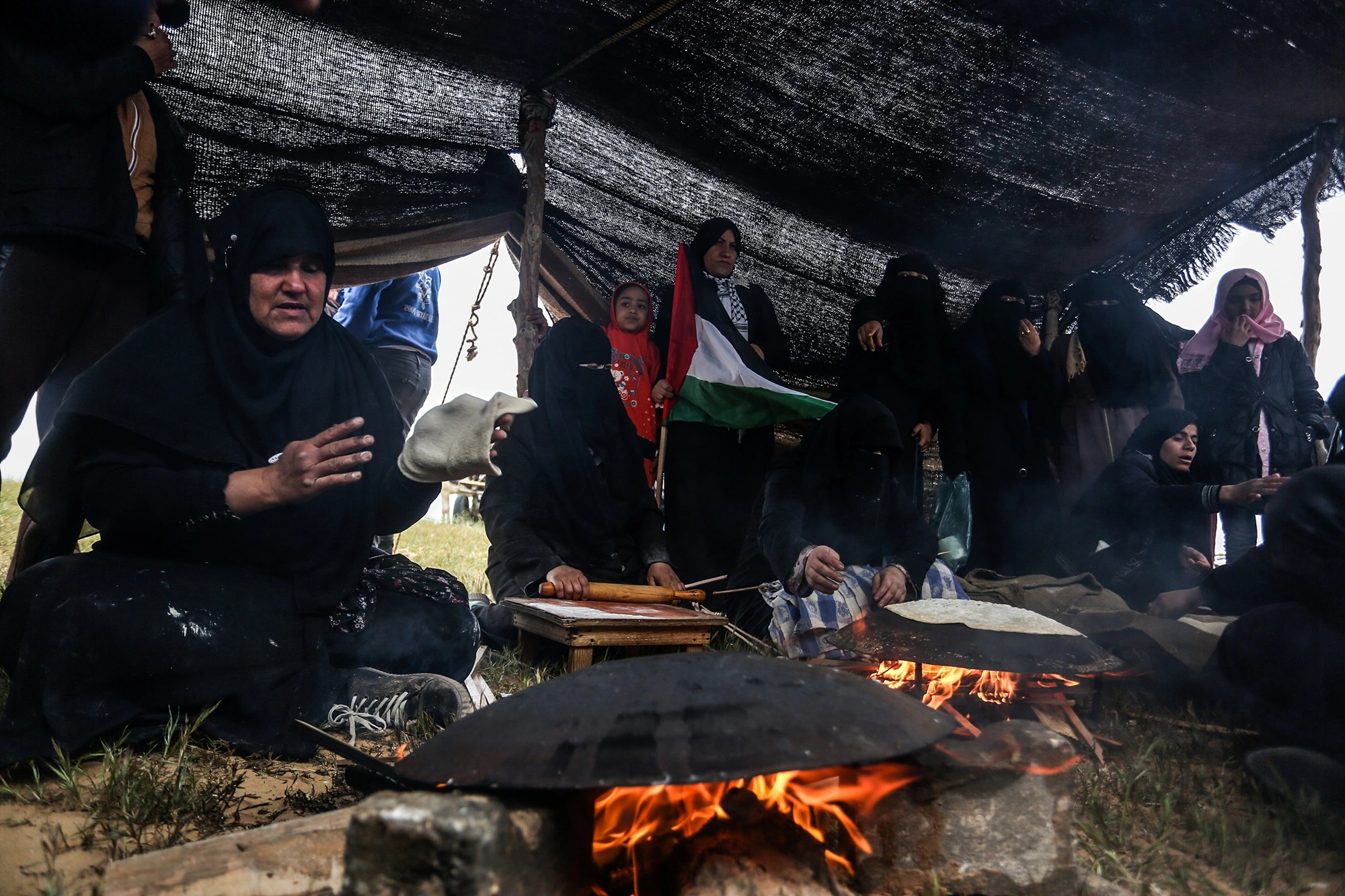During the holy month of Ramadan, Muslims worldwide fast from dawn to sunset, engaging in spiritual reflection and heightened charitable giving. Donating Iftar, the meal that breaks the fast, holds immense significance. In this article, we explore the benefits of providing Iftar to fasting individuals and its profound impact on society.
Table of contents
The Virtue of Providing Iftar
In Islam, providing Iftar to a fasting person is highly encouraged and carries great rewards. The Prophet Muhammad PBUH said, “Whoever feeds a fasting person will have his sins forgiven, will be saved from hellfire, and will have the same reward as the fasting person without diminishing the reward of the fasting person in the slightest.”
Nourishing the Body and Soul
Fasting during Ramadan can leave individuals feeling hungry and thirsty. Providing a nutritious Iftar meal satiates their hunger and rejuvenates their spirits, symbolizing care and solidarity within the community. Sharing Iftar fosters a sense of unity and togetherness among people from diverse backgrounds, reinforcing bonds and promoting understanding and harmony.
Alleviating Hunger and Poverty
Offering Iftar meals during Ramadan is an opportunity to help those in need. This gesture can alleviate hunger and provide relief to struggling individuals and communities. Ramadan is a time of increased generosity and giving, and providing Iftar meals presents a great opportunity for individuals and organizations to contribute to the welfare of others. It embodies the spirit of selflessness and compassion that defines this blessed month.
Impact on Society
Providing Iftar meals during Ramadan extends beyond the simple act of breaking one’s fast; it has far-reaching effects on society and communities at large. By offering Iftar meals to fasting individuals, we contribute to the overall well-being of our community. This act fosters social cohesion pro,motes understanding, and ensures that all members of society have access to nutritious meals, alleviating hunger and providing much-needed relief during the holy month.
Conclusion
In conclusion, offering Iftar to fasting individuals holds immense significance in Islam and serves as a manifestation of compassion, generosity, and solidarity. Beyond nourishing the body, it nourishes the soul, strengthens the fabric of society and doubles the joy of Iftar. As we strive to emulate the teachings of Ramadan, let us remember the profound impact that a simple act of kindness can have on those in need and on society as a whole.









